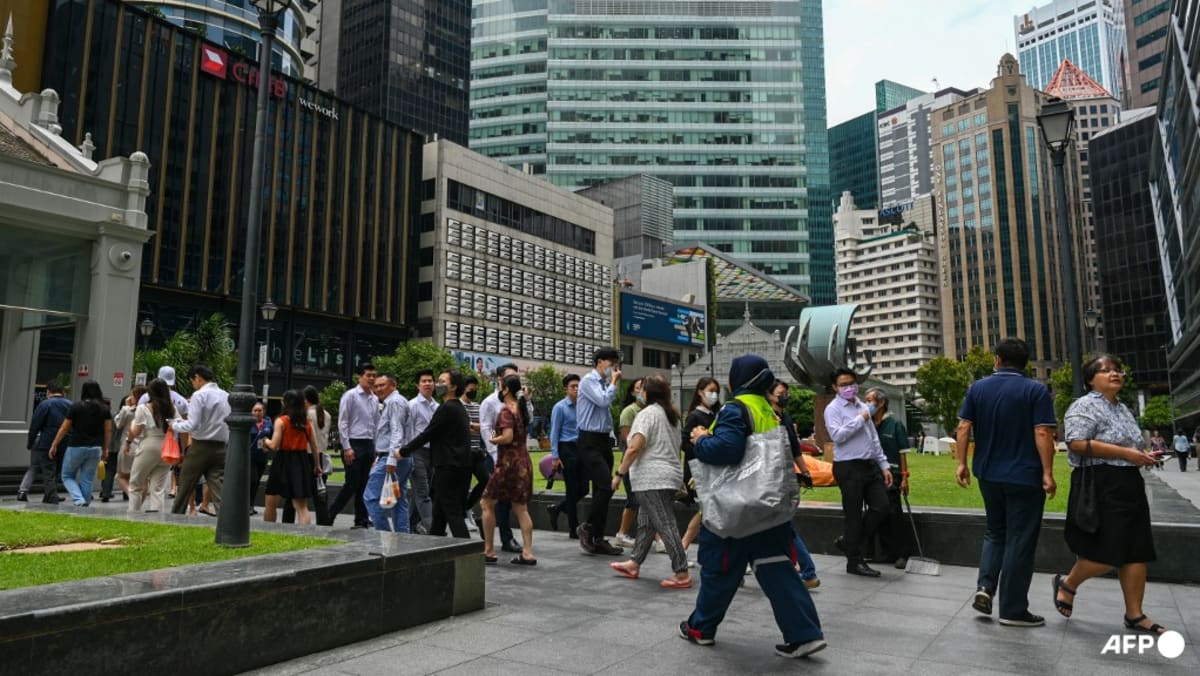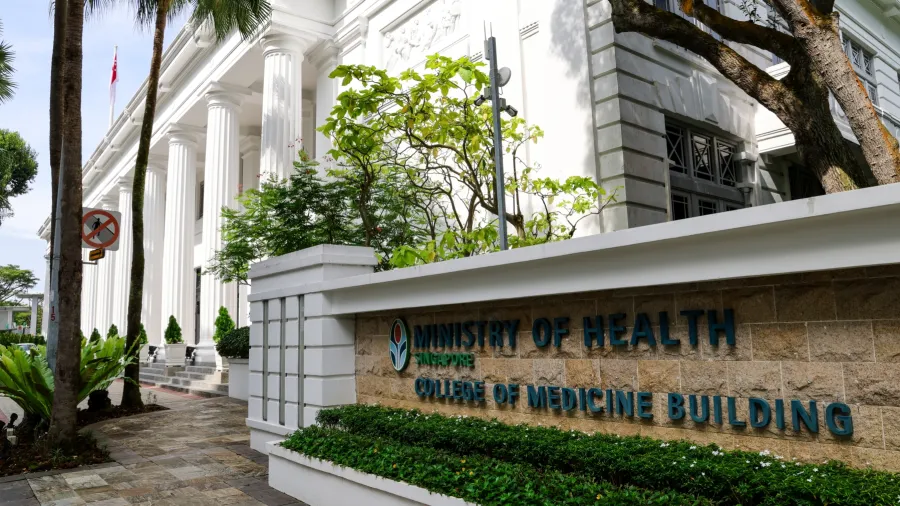SG Budget 2025 Launch and Cost-of-Living Relief
Introduction: A Budget for All Singaporeans
The SG Budget 2025, launched on February 18, 2025, by Prime Minister and Minister for Finance Lawrence Wong, is a strategic response to rising cost-of-living concerns.
It’s particularly significant in today’s economic climate, marked by global uncertainties and inflation pressures.
This budget, aligning with Singapore’s 60th anniversary, introduces commemorative benefits, aiming to support diverse groups like working professionals, retirees, families, and seniors.

Key Highlights: Balancing Immediate Needs and Long-Term Goals
The budget focuses on three pillars: tackling cost pressures, advancing growth, and building an inclusive society.
It allocates resources for direct household support, business incentives, and sustainability initiatives.
For instance, it addresses immediate needs with financial aid while investing in R&D and green technologies for future resilience.
Cost-of-Living Relief Measures: A Closer Look
The budget offers robust support across households, families, and housing:
A. Direct Financial Support to Households
- CDC Vouchers: Each household receives $800, disbursed as $500 in May 2025 and $300 in January 2026. These can be used at supermarkets, heartland merchants, and hawkers, offering flexibility for daily expenses.
- U-Save Rebates: Eligible HDB households get up to $760, covering 3 to 6 months of utility bills, a vital relief given rising energy costs.
- SG60 Vouchers: Marking Singapore’s 60th, citizens aged 21+ get $600, with seniors 60+ receiving an extra $200, usable for essentials like groceries and utilities.
B. Support for Families and Children
- LifeSG Credits for Young Children: Families receive $500 per child aged 12 and below, ideal for groceries and utilities, easing family budgets.
- Edusave and PSEA Top-Ups: A $500 top-up for those aged 13-20 supports educational costs and enrichment, crucial for future opportunities.
- Large Families Scheme Enhancements: Couples with three+ children get $5,000 CDA top-ups and $5,000 MediSave grants per child, plus $1,000 annual LifeSG credits until age 6, fostering family growth.
C. Housing and Childcare Support
- Increased HDB Flat Supply: Over 50,000 new flats planned in three years, with a second Sale of Balance Flats (SBF) exercise, addressing housing needs.
- Reduction in Childcare Fees: New caps at $610 for Anchor Operators and $650 for Partner Operators lower costs, making quality childcare accessible.
Economic Resilience and Business Support: Empowering Growth
The budget doesn’t neglect businesses, offering:
- Corporate Tax Rebate: A 50% rebate for YA 2025, capped at $40,000, with a $2,000 minimum for non-profitable companies with local employees, boosting cash flow.
- National Productivity Fund Top-Up: An additional $3 billion supports R&D and innovation, crucial for competitiveness.
- Support for Workforce Development: The SkillsFuture Workforce Development Grant aids upskilling, and a 1.5% CPF contribution increase for 55-65-year-olds enhances retirement security.
Sustainability and Green Initiatives: A Greener Future
Sustainability is a priority:
- Climate Vouchers Expansion: Now $400 for HDB households, with private properties included, encouraging energy-efficient choices.
- Investment in Renewable Energy: Funds for decarbonization and energy-efficient tech adoption align with climate goals, though effectiveness depends on uptake.
Public Response and Feedback: Mixed Reactions
Public reception is largely positive, with gratitude for relief measures, especially for families and seniors.
However, discussions highlight concerns about certain initiatives’ effectiveness, with calls for more in healthcare and transport, reflecting diverse needs.
Conclusion:
SG Budget 2025 balances immediate relief with long-term resilience, offering tools for Singaporeans to navigate economic challenges.
By leveraging support measures, citizens can enhance their quality of life, contributing to a stronger, inclusive future.
Value-Added Tips and Step-by-Step Guidance
- Utilise CDC Vouchers Wisely: Plan shopping to maximize both tranches, combining with deals.
- Manage Utility Bills with U-Save Rebates: Track consumption, adopt energy-saving practices.
- Take Advantage of SG60 Vouchers: Redeem before expiry, plan essential purchases.
- Plan for Family Support: Apply for all schemes, keep documentation updated.
- Explore Housing Options: Stay informed on SBF exercises, consult advisors.
- Childcare Cost Management: Research providers within new caps, seek subsidies.
- Business Support and Tax Rebates: Ensure eligibility, plan expenditures.
- Workforce Development: Use SkillsFuture grants, plan for CPF changes.
- Sustainability Initiatives: Explore vouchers, implement energy efficiency.
Table: Summary of Key Cost-of-Living Measures
| Measure | Amount/Rate | Target Group |
|---|---|---|
| CDC Vouchers | $800 per household | All Singaporean households |
| U-Save Rebates | Up to $760 | Eligible HDB households |
| SG60 Vouchers | $600 (21+), $800 (60+) | Citizens aged 21+ |
| LifeSG Credits (Children) | $500 per child (aged 12 and below) | Families with young children |
| Edusave/PSEA Top-Up | $500 per person | Aged 13-20 |
| Large Families Scheme | CDA: $5,000, MediSave: $5,000, LifeSG: $1,000 annually per child 1-6 | Couples with 3+ children |
Key Citations
Let us know what you think about this topic, and what do you want to hear next.
You can now be our community contributor and make a pitch to have your favourite personality be on our show.
Join our community group and drop us your insights on this topic.

-3.png?width=50&name=Square%20(2)-3.png)










Let us know what you think of this post